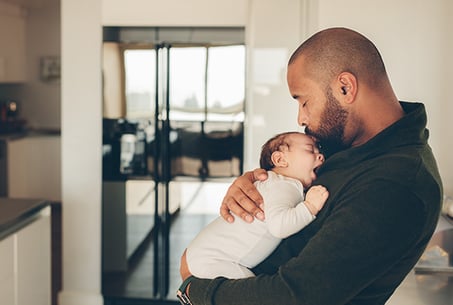
This article is written by Cynthia Martin and originally appeared in the Sequim Gazette. The article is republished here with permission from the author.
As a parent or grandparent or primary care provider, you are teaching your child to talk and to communicate. You do this every day you are with her and are talking to her.
- You begin doing it from the time she is born.
- You do it by asking her what things are and what is in the picture when she is under the age of 1.
- You talk about how she feels by talking about being tired, hungry, happy, and sad when she is under the age of 2.
- You teach her about communication when she plays and shares her toys with others when she is under the age of 3.
- By the time she is 4, she will want to be involved in adult conversations you have, will be making up stories, and will discuss things that she likes or doesn’t like.
Her communications skills are significantly influenced by her interaction with you, and it all happens when you just share your feelings and thoughts about things around her. It even shows in the way you pick her up or give her a hug.
Your baby has a special relationship with her dad. It is not more nor less important, but it is a special one.
If you are dad, you have a unique role. It seems that dads really have a special place in the lives of their children. Infants give certain clues that dads are more likely to respond to than moms are. We know that moms and dads are different and your baby knows it, too.
By 6 weeks, a baby can recognize her father’s voice from her mother’s. A quiet and alert baby will pay more attention to the mother’s voice; an upset baby will calm more readily to her father’s voice (“Fatherneed, ” K.D. Pruett).
By 8 weeks, a baby will react differently to mom and dad. When mom comes into the picture, the baby’s heart rate slows down and she relaxes; mom calms her. When dad comes in, her heart rate becomes faster and her pupils get larger; it is like when dad is here, it’s party time.
By the end of the first year, a child who has an involved father has less difficulty when either mom or dad leave. If dad has been involved, separation isn’t as big a deal.
A toddler seems to want to join father’s more playful, robust, and less predictable play as if they like the disruptive, stimulating nature of such play. Dad really has a special and important place from the earliest months.
It is easy to forget how important your role is in your child’s life. But remember, you make a huge difference. Be there for your child.
Remember how much you make a difference in her life no matter what your role is. Don’t miss this special chance.
Cynthia Martin is the founder of the First Teacher program and former executive director of Parenting Matters Foundation, which publishes newsletters for parents, caregivers and grandparents. For more information, email to info@firstteacher.org or call 360-681-2250.
